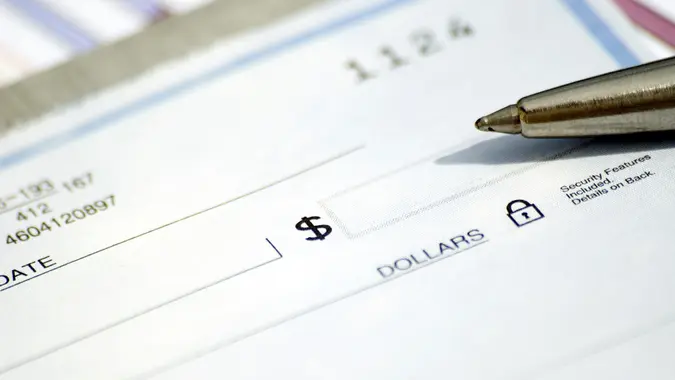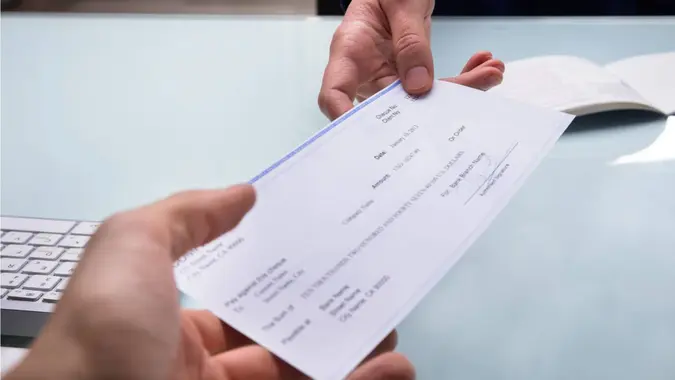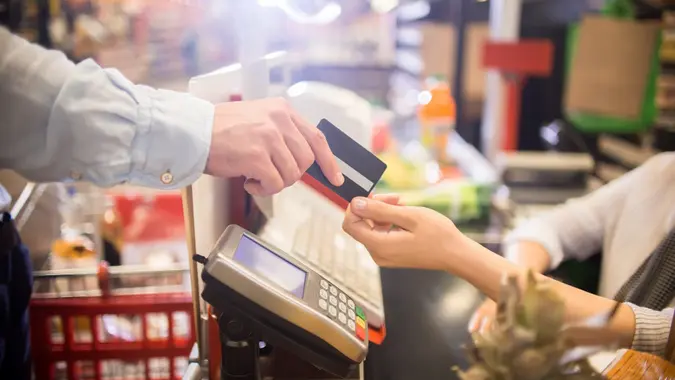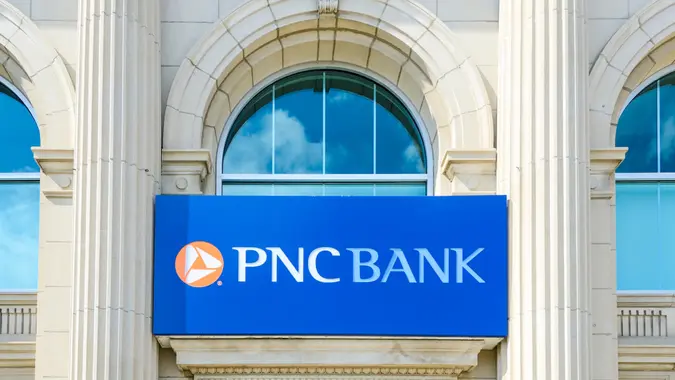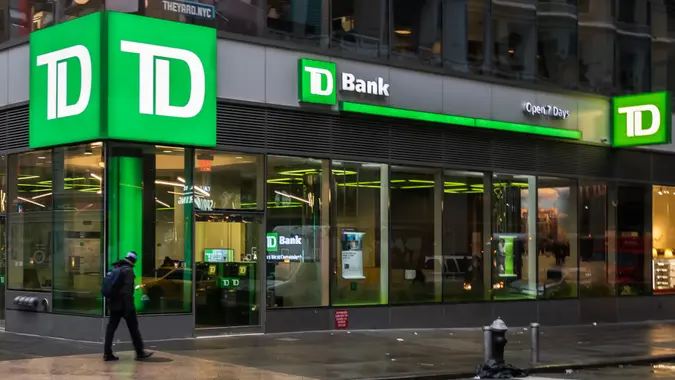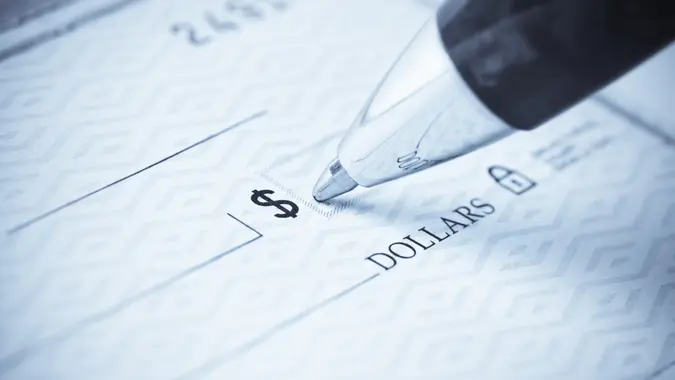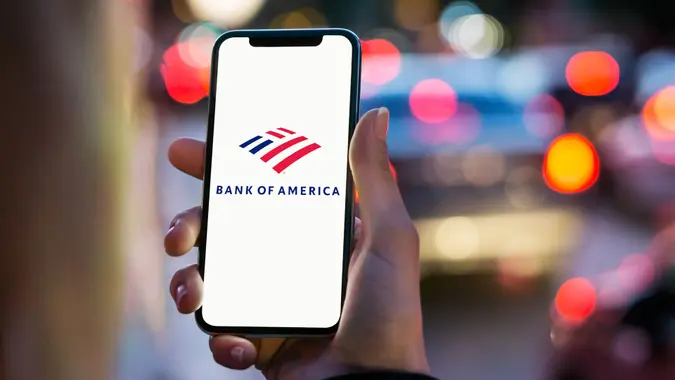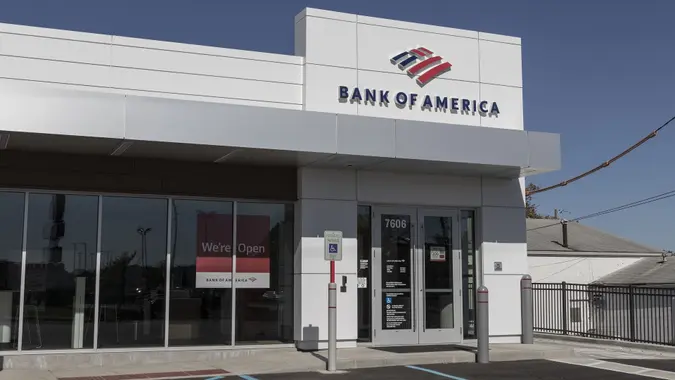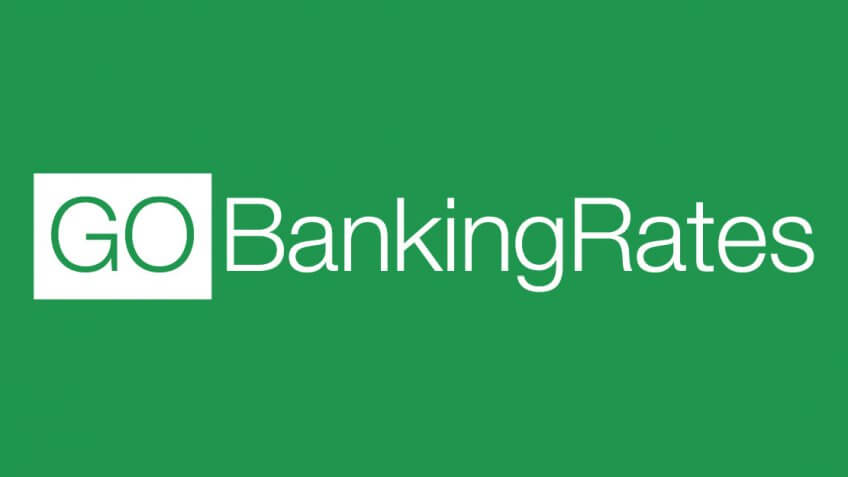ATM Withdrawal Limits in 2025: How Much Can You Take Out?

Commitment to Our Readers
GOBankingRates' editorial team is committed to bringing you unbiased reviews and information. We use data-driven methodologies to evaluate financial products and services - our reviews and ratings are not influenced by advertisers. You can read more about our editorial guidelines and our products and services review methodology.

20 Years
Helping You Live Richer

Reviewed
by Experts

Trusted by
Millions of Readers
Ever tried to grab cash from an ATM, only to see a “transaction declined” message? You’ve probably bumped up against your ATM withdrawal limits. These daily caps can make a big difference when you’re traveling, paying for a big purchase, or dealing with an emergency.
So, how much cash can you withdraw from an ATM in 2025? Most banks set daily ATM withdrawal limits between $300 and $3,000, depending on your account type, bank policies and even the ATM network you use. And yes, in many cases, you can raise that limit if you know the right steps.
In this guide, we’ll break down bank-by-bank ATM withdrawal limits, show you how to check or increase yours and share workarounds so you can get the cash you need, when you need it.
What Is an ATM Withdrawal Limit?
There are a few important elements to keep in mind when it comes to ATM limits. Let’s dig into them now:
Daily vs. Per-Transaction Limits
Your daily ATM withdrawal limit is the maximum you can take out in 24 hours. Some banks also set a per-transaction limit. For example, $500 at a time, but up to $1,000 for the whole day.
Why Banks Set ATM Cash Limits
Limits help banks manage cash supply and reduce fraud. ATM fraud cost U.S. consumers more than $200 million in 2023, according to Federal Reserve data, so these caps protect both you and the bank.
ATM vs. Debit Card Purchase Limits
Even if you’ve hit your ATM limit, you may still have a separate daily spending limit for debit card purchases, often $5,000 or more, depending on your account.
2025 ATM Withdrawal Limits by Bank
| Bank | Daily ATM Limit | Can You Increase It? | Notes |
|---|---|---|---|
| Chase | $500 to $3,000 | Yes | Premier and Private Client accounts have higher limits |
| Wells Fargo | $300 to $1,500 | Yes | Premium accounts get bigger caps |
| Bank of America | $700 to $2,000 | Yes | Limit visible in the mobile app |
| Capital One | $1,000 | Yes | Applies to 360 Checking and other accounts |
| Citi® | $1,500 | Yes | Varies by card tier and relationship level |
| PNC Bank | $500 to $1,500 | Yes | Business accounts can have higher limits |
Quick stat: The average ATM withdrawal in the U.S. is about $155, according to the latest Federal Reserve payment study. That’s far below most limits, but large one-time needs can still cause issues.
How To Check or Raise Your ATM Withdrawal Limit
Here’s a step-by-step breakdown of how to check or raise your ATM limits.
1. Check Your Bank’s App or Online Banking
Many banks now display your exact limit in the mobile app under account settings.
2. Request a Temporary Increase
Need more cash for a trip or a big purchase? Call customer service to get a one-time limit increase.
3. Ask for a Permanent Change at a Branch
If you regularly need higher access, your bank may approve a permanent ATM withdrawal limit increase if you have a premium account or a higher balance.
4. Know When Your Limit Resets
Most banks reset limits at midnight local time, though some use a rolling 24-hour period.
Why Your ATM Withdrawal Might Be Denied
- You’ve exceeded your limit — Daily or per-transaction.
- Insufficient available balance — Pending holds can reduce available cash.
- Non-network ATM rules — Some independent ATMs have lower caps.
- Fraud protection triggers — Unusual activity may prompt a block.
How To Get More Cash If You Hit Your Limit
- Cash back at checkout: Many grocery stores (but not all) let you withdraw up to $200 with a purchase, and it often doesn’t count toward your ATM limit.
- Visit a teller: No ATM cap applies when you withdraw inside the bank.
- Money transfer services: Send money to yourself for pickup at a retail location.
- Plan ahead: Increase your limit before travel or major expenses.
ATM Withdrawal Limits for Travel and Emergencies
- Request an increase before your trip — Avoid foreign ATM surprises.
- Watch for foreign ATM fees — These can range from $2 to $5 per withdrawal, plus currency exchange charges.
- Have a backup — Keep a second debit card or account in case of loss or security blocks.
Final Take to GO: Know Your ATM Limits Before You Need Cash
ATM withdrawal limits might not matter for everyday spending, but when you do need a large amount of cash, they can make or break your plans.
Knowing your daily ATM withdrawal limit, how to increase it and alternative ways to get cash gives you flexibility and peace of mind.
Final Takeaway: Check your limit today — before you actually need the money — so you’re never stuck at the ATM when it matters most.
FAQ
Here are the answers to some of the most frequently asked questions about ATM withdrawal limits and how they work:- What is the maximum ATM withdrawal per day?
- Most banks cap daily withdrawals between $300 and $3,000.
- Which bank has the highest ATM withdrawal limit?
- Premium accounts at banks like Chase and Bank of America can exceed $3,000.
- Can I withdraw $5,000 from an ATM?
- Not without a special arrangement -- most limits fall well below that.
- Does your daily limit reset at midnight?
- Usually, yes -- but confirm with your bank.
- How can I withdraw more than my daily ATM limit?
- Ask for a temporary increase, use in-branch teller withdrawals or get cash back at checkout.
Cynthia Measom, Sean Dennison, Allison Hache and Daria Uhlig contributed to the reporting for this article.
Information is accurate as of Aug. 12, 2025.
Editorial Note: This content is not provided by any entity covered in this article. Any opinions, analyses, reviews, ratings or recommendations expressed in this article are those of the author alone and have not been reviewed, approved or otherwise endorsed by any entity named in this article.
Editorial Note: This content is not provided by Chase. Any opinions, analyses, reviews, ratings or recommendations expressed in this article are those of the author alone and have not been reviewed, approved or otherwise endorsed by Chase.
Our in-house research team and on-site financial experts work together to create content that’s accurate, impartial, and up to date. We fact-check every single statistic, quote and fact using trusted primary resources to make sure the information we provide is correct. You can learn more about GOBankingRates’ processes and standards in our editorial policy.
- Consumer Financial Protection Bureau. 2022. "Can I withdraw money from my credit card at an ATM?"
- Citizens Bank. "How to Write a Check."
- Prineta. "HOW MUCH CASH CAN THE AVERAGE ATM HOLD?"
 Written by
Written by  Edited by
Edited by 



